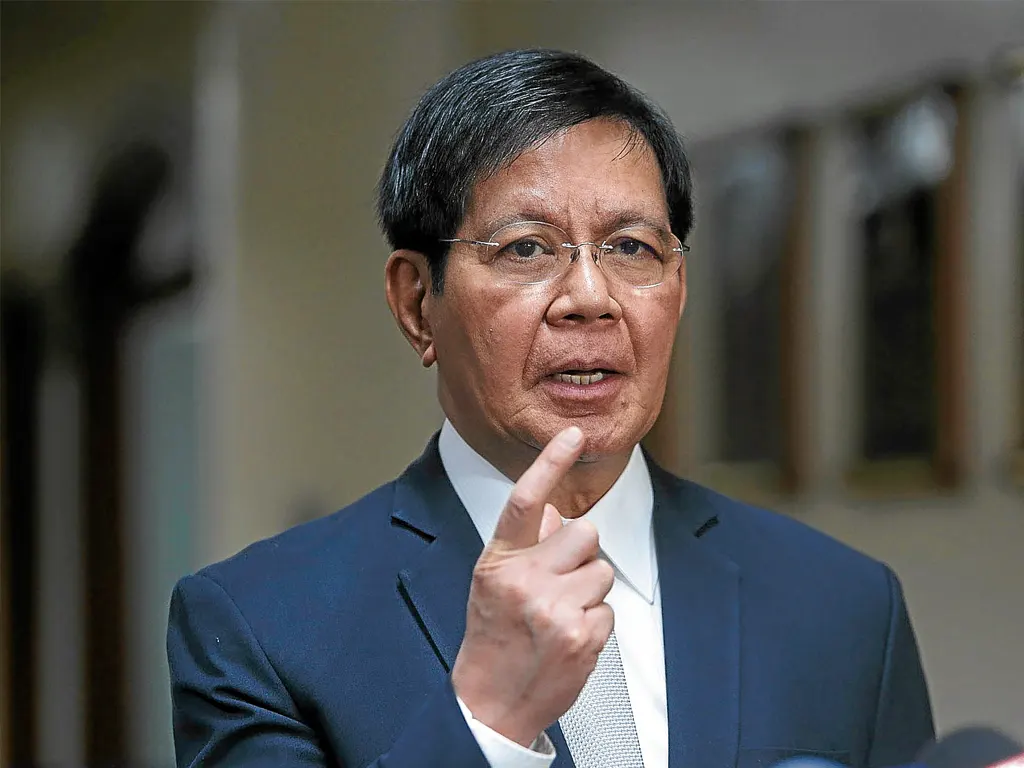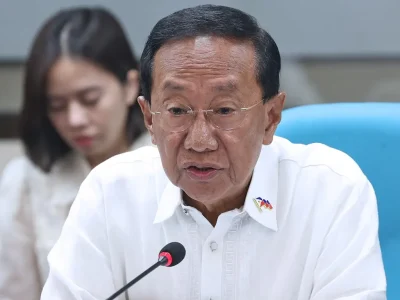
SENATE President Pro Tempore Panfilo “Ping” M. Lacson plans to scrutinize the questionable farm-to-market roads, “ayuda” (assistance) programs, and “Super Health Centers” that benefited from over P255.5 billion realigned from the Department of Public Works and Highways (DPWH) flood control projects in the proposed 2026 budget.
Lacson stated that his initial analysis of the realignments indicates that the funds were diverted to these projects, as well as to some “ayuda” programs potentially funded by unprogrammed appropriations. Part of the realigned funds also went to the Health Facility Enhancement Program (HFEP), which funds the Super Health Centers. “Many were realigned to farm-to-market roads. The question is, did the list come from the Department of Agriculture or from the congressmen?” Lacson questioned. “Some assistance ended up in unprogrammed appropriations, which we intend to uproot and return to the regular [budget],” he added.
Lacson intends to consolidate the funds for “ayuda” and social services under the Pantawid Pamilyang Pilipino Program (4Ps), where qualified families in need of livelihood and education are carefully vetted. He is also pushing for the realignment of over P2 billion for the “Tulong Dunong” scholarship program of lawmakers to the Free Tertiary Education Act.
Last Tuesday, Lacson said that the Senate would move to remove “alien” and “turo-turo” (whimsical) items from the proposed 2026 budget, as well as unprogrammed appropriations not connected to foreign-assisted projects. Lacson explained that “alien” refers to items not included in the disagreeing provisions of the House and Senate versions of the budget bill, while “turo-turo” refers to programs that are hasty, arbitrary, and based on patronage politics. Lacson added that the Senate would move to realign “turo-turo” items to meaningful programs such as Universal Health Care (UHC).
Lacson shared that he and Sen. Sherwin Gatchalian have discussed combining the funds for the Medical Assistance to Indigent and Financially Incapacitated Patients (MAIFIP) under the UHC. This way, lawmakers would no longer need to issue guarantee letters, as the Department of Health would determine who should receive assistance. “Our work as lawmakers is to legislate and exercise oversight, not to implement laws,” Lacson said. “Let’s make our programs systematic, and not whimsical, arbitrary and patronage-based,” he emphasized.



